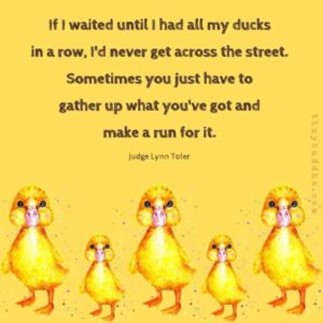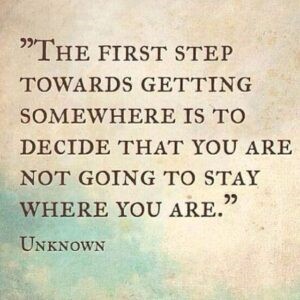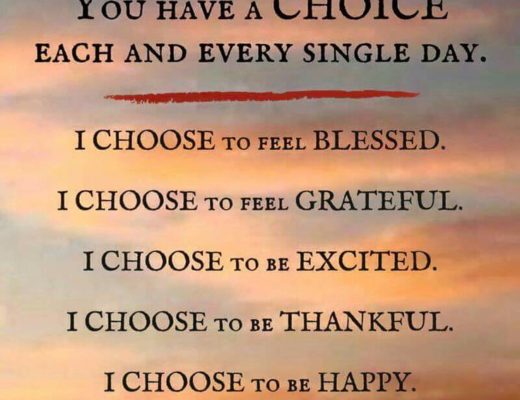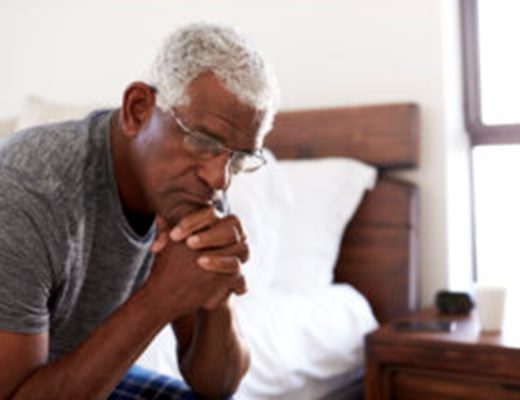
Continuing our discussion from my Keeping Our Ducks in a Row.
I said, I would spend some time writing down my list of ducks. I quickly discovered that at the beginning of my list, my ducks were mainly the things that I wanted to do. As I thought through the rest, of the list I realize there were lots of other things that I needed to include. In the end, I ended up with a flock of ducks.
That flock included things like doing this podcast, writing, drawing, and painting, and of course there were lots of other things that take up a lot of time throughout our day. Things like email and voicemail, text, mail, meals, etc. we all know the list.
So, what I realized after making “the list” was that I was spending more time doing the things I don’t want to do and less time on the things I do want to do. So obviously all that spells out is a need for change.
One of things that I have clearly come to realize after I made my decision to live positively even in the face of dementia or other physical pain was that to achieve that my life still needed to have purpose. But the unpleasant reality was I had to achieve it in different ways, what I could do before, I cannot do today.
I love the play golf, a year, and a half ago I could play 27 holes in a day and still want for more. But now the idea of even doing 9 holes is a major challenge. That’s just one minor example of the change of my life, but even more important is, I needed to find a purpose and I had to do it within my mental and physical framework.
Finding purpose
Finding a purpose is not a straightforward task, it requires honesty in your personal assessment of your desires, interests, physical and mental capabilities, financial wherewithal, environment, and availability of emotional support from your loved ones.
There are lots of books written about how to find your purpose in life. Many people struggle with this from an early age, there are even lots of books written for retirees. The standard list is includes things like volunteering, charitable activities, spending time with others, increasing family time, etc. But, finding purpose when things mentally or physically change puts a whole other dimension on this question.
So, I’m guessing you’d rather not read a bunch of books about finding purpose? Alternatively, I’ll share with you my process and hope it helps you:
10 Steps to Find Purpose
- Start with a personal assessment of the things which make you happy and give you purpose. Write them all down.
- Make a list of the things which you might like to consider as your revised purpose.
- Make a list of your limitations, be honest. For example, wanting to travel with dementia creates challenges that you never had before. The same can be said for lots of other things. So even if you don’t have all these limitations today, consider how they might affect you in the future.
- Narrow the list. I’m an overachiever, so my initial list was way too long.
- Put this list aside, for a few days, and come back. Highlight the most important things, cross off those things that don’t need to be there, keep doing this for a week or so.
- Write down what it takes to achieve your purpose – put some thought into it. If you are going to list goals, be specific, but better yet identify what is unique about how you see your purpose.
- Reassess, the commitment that it will take to follow your purpose. Remember your purpose is not a goal, your purpose is the way you want to focus your life.
- Recognize that to live to that purpose (it’s not about achieving it) change is required. This is going to take mental energy, commitment, and support from others.
- List the changes that you need to make in your life to focus more on your purpose and less on other things.
- Change your habits. (We will talk more about resources and help to do # 10 later)
Goals Are Your Enemy
When we talk about purpose, we’re talking about a fundamental realignment of your life. This may seem like a lot to ask, but physical and mental health changes don’t ask permission. The pure reality is we must accept it. That does not mean that life ends, or we can’t find enjoyment in life, it just means things are going to change.
Finding Purpose is a day-to-day process
Because the result of finding purpose is not about setting goals, it is about a lifestyle change. Lifestyle changes can only happen if we change our habits. Most good diet plans are based upon this fundamental thought, you can force yourself to eat less, you can even starve yourself for a period of time and of course lose weight, but for most people this is a temporary fix, and they go back to their previous weight.
Finding purpose requires purposeful change. It requires eliminating things that we may have enjoyed but can’t do or starting things we can do so we can provide more focus on our purpose.
The end result requires change…

Change Requires Our Habits to Change
I want to give due credit to the great work that James Clear has done on changing habits; he has a group of books that can help you make small changes that can make large results.
I have found that this is not a time to struggle or reinvent or try to fix yourself. I found it as a great help His book “Atomic Habits” his book (audio) and workbook have been a great resource.
My advice is, either listen or read it and do the homework, I think you’ll find that it’s a good prescription for making the changes to your day-to-day habits, which will allow you to achieve your purpose.
To follow up with this, I have been working on a OneNote Template that is for Christians looking to live each day with purpose as opposed to a focus on Goals. Goals like reading the Bible, attending church, joining a discussion group are all great goals but they lack not only specificity, but they lack real change. We will roll out the template in both OneNote and pdf version soon, so stay tuned.
As for James Clears’s book you can find more information in our book review of James Clear’s book Atomic Habit’s“ in a future posting under book reviews and also under GoodReads.
In summary
Living positively, and getting your ducks in a row requires aligning purpose with the necessary change that ultimately results in our day-to-day habits changing if we hope to rewire our thinking even with mental or physical disease, we need to align our new purpose with day-to-day habits
Please also check out 10 Way to Live Positively with Dementia. Although this is focus on people with dementia it can be applied to any retired person
Copyright 2022




No Comments